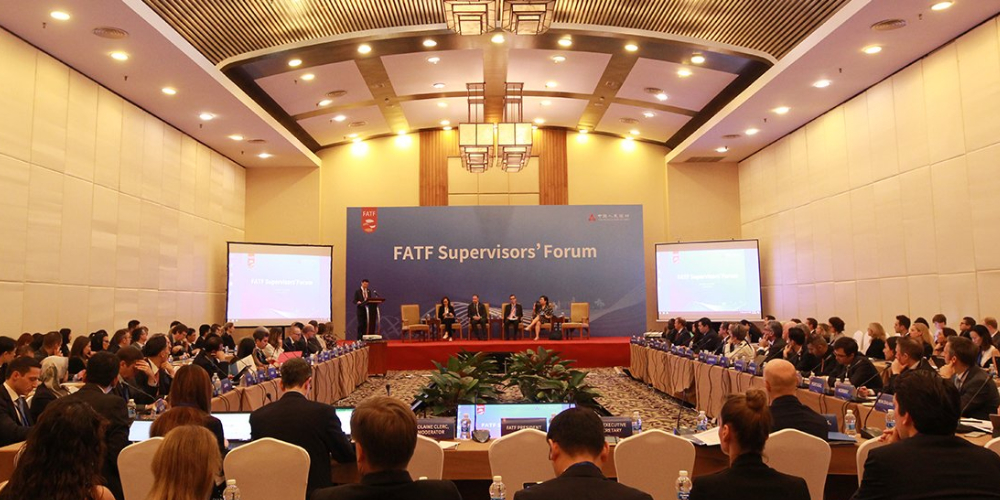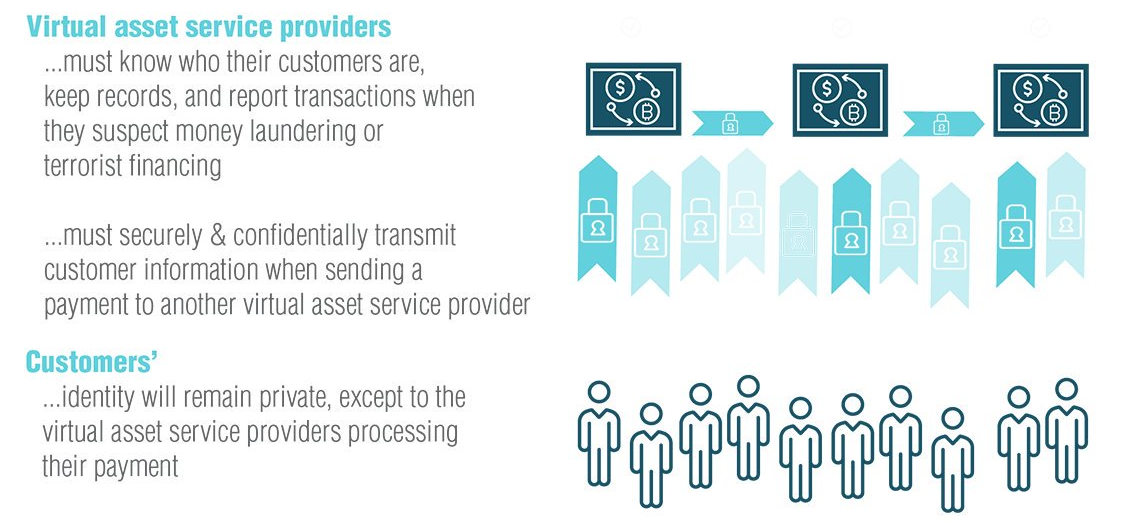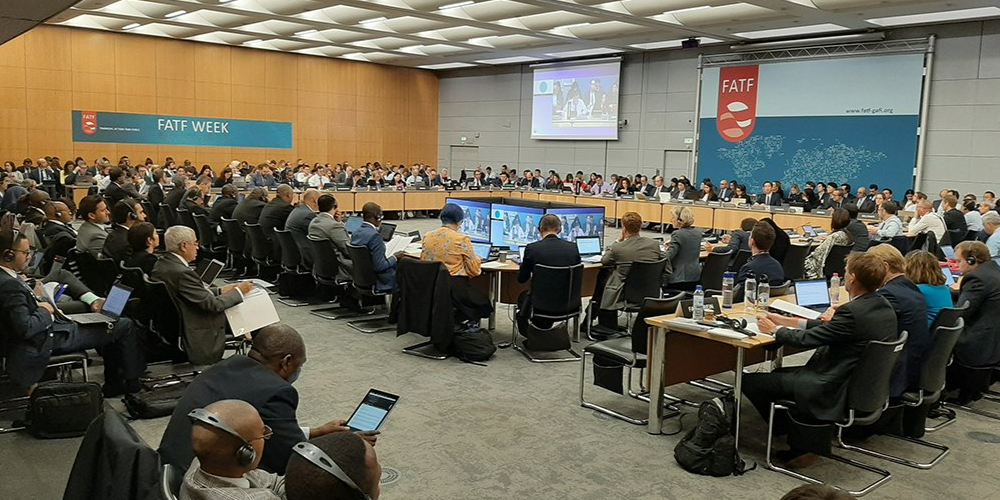The Financial Action Task Force (FATF) and over 50 delegations involved in crypto supervision recently gathered to discuss how to regulate crypto assets and related service providers. While examining three key areas, they stressed the importance of international cooperation, citing that cryptocurrencies are global products.
Also read: Regulation Roundup: EU-Wide Crypto Regulations, New Rules in Europe, US, Asia
FATF-Led Discussion on Crypto Supervision
The Financial Action Task Force held a “supervisors’ forum” in France last week to discuss crypto asset supervision. The aim of the forum was “to promote more effective supervision by national authorities” in the area of crypto assets and related service providers. The FATF is an intergovernmental organization with a focus on developing policies to combat money laundering and terrorism financing. Supervisors are designated authorities or non-public bodies with compliance responsibilities of each country.
According to the FATF, this event was the first opportunity for regulators to discuss how to implement new measures for crypto assets and related service providers since it finalized them in June 2019. Attendees included 135 representatives from over 50 delegations involved in virtual asset supervision, the FATF detailed, elaborating:
Supervisors play an important role in ensuring that regulated entities, such as banks and financial institutions, implement the FATF’s standards to detect and prevent money laundering and terrorist financing.

3 Key Areas Discussed
The event’s participants shared their knowledge and experience in supervising and regulating virtual assets and virtual asset service providers (VASPs). They discussed three main topics, starting with the lessons learned so far from countries that have already established a regulatory framework for cryptocurrencies and VASPs.
The second topic concerns common issues when drafting VASP laws and regulations. Representatives shared their approach to developing an AML/CFT regime for VASPs in their jurisdictions and outlined how they were implementing the FATF’s recommendations. The third topic discussed was about the tools, skills, procedures, and technology needed to effectively supervise VASPs. The FATF remarked:
The importance of international cooperation was also highlighted, as virtual assets are inherently global products.
The supervisors and regulators identified a number of areas that need further action which they plan to discuss at the next FATF Plenary and other supervisors’ meetings to be held in May.
Implementing the FATF Standards
The supervisors’ forum is an initiative of the Chinese Presidency of the FATF to promote more effective supervision by national authorities. Two have been held so far, the first of which was held in November 2019 in Sanya, China. It focused on the effectiveness of supervision without discussing crypto assets.

The FATF issued guidance for crypto assets and VASPs in June 2019, with the support of the G20 countries. The money-laundering watchdog subsequently revised its assessment methodology. It sets out how the FATF will determine whether countries have successfully implemented its recommendations and are regulating the crypto sector. The FATF’s rules apply both when cryptocurrencies are exchanged for fiat currencies and for other digital assets.
The challenge now is for countries and affected entities to effectively implement its recommendations, the FATF affirmed. By bringing together practitioners from around the world, the organization explained that it “is beginning to develop a global knowledge base on ‘what works’ in supervising virtual assets,” adding:
This will help ensure a consistent global approach to supervision and will help the VASP sector adjust to the new regulatory environment.

While acknowledging that implementing its requirements will be challenging for the crypto sector, the FATF believes that “it will ultimately increase trust in blockchain technology as the backbone behind a robust and viable means to transfer value.” Noting that adopting its rules will “ensure transparency of virtual asset transactions and keep funds with links to crime and terrorism out of the cryptosphere,” the money laundering watchdog declared:
Countries need to implement the FATF’s measures, and soon … The FATF will evaluate next steps in June 2020.
Do you think the FATF’s recommendations are good for the crypto industry? Let us know in the comments section below.
Disclaimer: This article is for informational purposes only. It is not an offer or solicitation of an offer to buy or sell, or a recommendation, endorsement, or sponsorship of any products, services, or companies. Bitcoin.com does not provide investment, tax, legal, or accounting advice. Neither the company nor the author is responsible, directly or indirectly, for any damage or loss caused or alleged to be caused by or in connection with the use of or reliance on any content, goods or services mentioned in this article.
Images courtesy of Shutterstock and FATF.
Did you know you can buy and sell BCH privately using our noncustodial, peer-to-peer Local Bitcoin Cash trading platform? The local.Bitcoin.com marketplace has thousands of participants from all around the world trading BCH right now. And if you need a bitcoin wallet to securely store your coins, you can download one from us here.
The post FATF Holds Global Forum to Discuss Crypto Supervision appeared first on Bitcoin News.
Powered by WPeMatico
